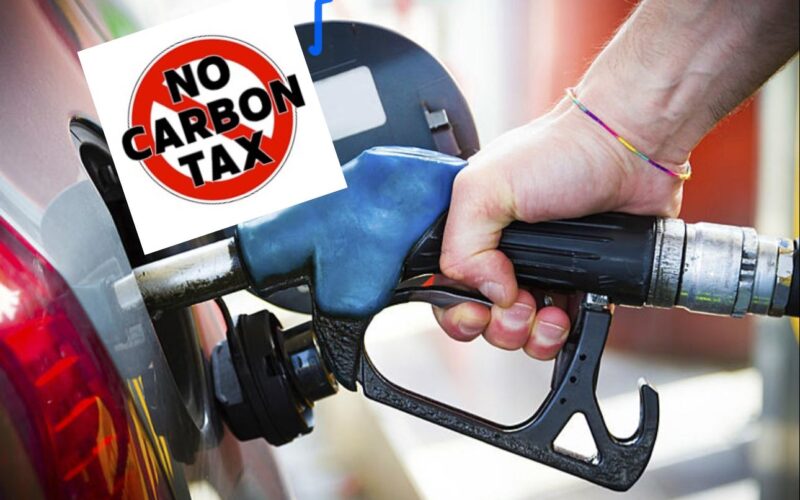Calgary: ( Rajeev Sharma): The federal carbon price for consumers will disappear today in all provinces except Quebec, where a provincial price on carbon meant the federal price didn’t apply. B.C. also had its own consumer carbon tax, but it hurried Monday to get rid of it for April 1, as well. Mark Carney cancelled the fee on his first day as prime minister last month, signing a directive for the fuel charge to be removed on April 1.
The levy had been added to the sale price of carbon-emitting products by fuel type. For gasoline, it was 17.6 cents a litre, and natural gas was 15.25 cents per cubic metre. Carney initially supported the carbon tax, but reversed course while campaigning for Liberal Party leadership, saying it had become too “divisive.” Though the consumer price on carbon is gone, the industrial price for large-scale polluters remains. The Liberal government under Justin Trudeau first put the tax in place in 2019 as a way to incentivize Canadians to transition to greener energy sources.
But even in the early days, the policy faced opposition from provincial governments, while Conservative Leader Pierre Poilievre’s pledge to “axe the tax” later became a central part of his platform. People in Saskatchewan likely won’t feel the tax drop from natural gas bills, however, as the government already hasn’t been collecting the carbon tax on natural gas since Jan. 1, 2024. Eligible Canadians who’ve received quarterly carbon rebates in the past can expect one more on April 15. Almost all Canadian residents who are at least 19 years old and live in the provinces where the federal tax applied received the rebate that amounted to some 12 million people last time the rebate was issued in January.
The rebate worked like a swear jar, as Leach puts it. If you and three people put a set amount of money into the jar each time you cursed, then divided the money in the jar at the end of each month, whoever swears least would gain the most money. On the flip side, the person who swore most loses the most money. Depending on the province, the average annual rebate for a household for 2024 to 2025 ranged from $719 to $1,779. There will be some cost savings passed on to consumers almost immediately, but the loss of the carbon rebate will also have an impact further down the road.

